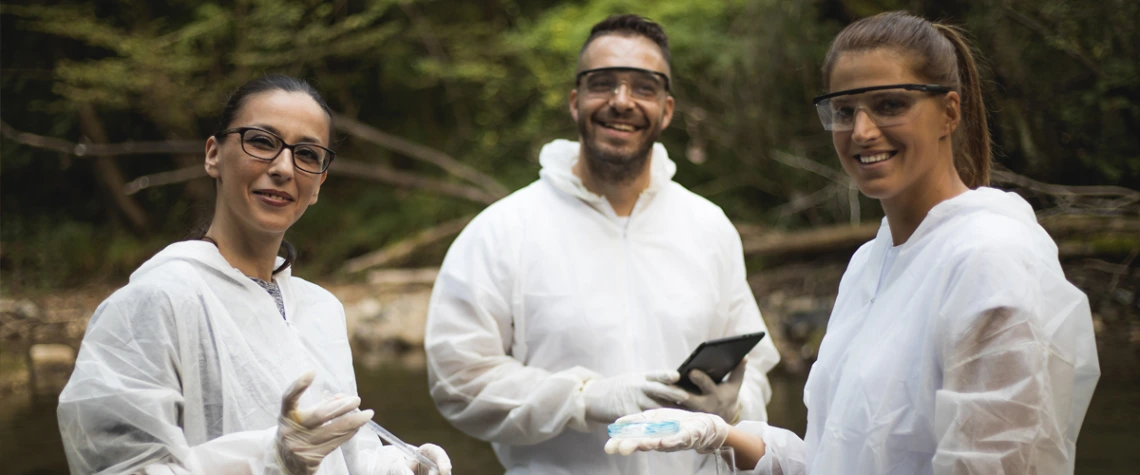
Study questions of meaning, culture, and community-building/serving in the context of environmental impact and change, and learn to see and connect environmental science with the stories, memories, rituals, beliefs, and habits of mind/body that contribute to (or interfere with) the wellbeing of individuals, communities, and organizations.
Core Courses
- PAH 200 Introduction to Applied Humanities (3 units)
- PAH 201 Applied Humanities Practice: Techniques & Technologies for Public Enrichment (3 units)
- PAH 372 Intercultural Competence: Culture, Identity, Adaptation & Intercultural Relations (3 units)
- PAH 383 Pre-Internship: Building Career Readiness (3 units)
- PAH 420 Innovation & the Human Condition: Learning How to Improve Life in the Community & Beyond (3 units)
- PAH 493 Internship (3 units)
- PAH 498 Senior Capstone (3 units)
- One elective (3 units) from the approved list.
Emphasis Courses
- ENVS 170A1 Introduction to Environmental Science (3 units) OR ENVS 210 Environmental Essentials: A Global Approach to Saving Planet Earth (3 units)
— 5 of the following —
- ENVS 225 Biology of Environmental Systems (3 units)
- ENVS 270 Critical Zone Science (3 units)
- ENVS 275 Data Analysis for Life & Environmental Sciences (3 units)
- ENVS 310 Ecosystem Health & Justice (3 units)
- ENVS 350 Collaborative Environmental Problem Solving (3 units)
- ENVS 408 Scientific Writing for Environmental, Agricultural & Life Sciences (3 units)
- ENVS 415 Translating Environmental Science (3 units)
Emphasis courses cannot also count toward a minor in Environmental Science from the College of Agriculture & Life Sciences.

